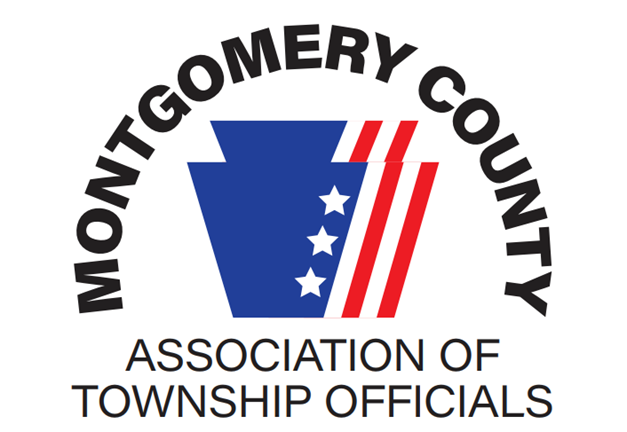The Pennsylvania State Association of Township Supervisors (PSATS) is urging members of the House Local Government Committee to vote NO on House Bills 1976 (PN2511) and 2045 (PN2611). These bills propose the creation of statewide zoning mandates, which would significantly restrict the ability of local governments to make zoning decisions within their communities.
Why Local Control Matters
Township supervisors are elected by their communities. They are your neighbors – the people you see at the grocery store, at community events, or out to dinner. This close connection allows them to understand the unique needs and character of their communities.
A One-Size-Fits-All Approach Doesn’t Work
Statewide zoning mandates would impose a uniform set of zoning regulations across the entire state. This approach fails to consider the significant differences between communities. What may be appropriate for a rural township might not be suitable for a suburban area or a densely populated city. Local officials are best positioned to make informed decisions about zoning that take into account factors such as:
- Infrastructure capacity: Can existing roads, bridges, water, and sewer systems handle new development?
- Emergency services: Are there enough police, fire, and ambulance personnel to serve a growing population?
- Community needs: Is there a need for open space preservation or farmland protection?
PSATS Offers Alternative Solutions
PSATS recognizes the importance of addressing housing issues in Pennsylvania. Instead of top-down mandates, PSATS proposes alternative solutions that empower local governments, such as:
- Combating blight and rehabilitating existing housing stock
- Addressing rising construction costs caused by burdensome regulations
- Providing additional funding for municipalities to conduct housing studies and develop long-term housing plans
Take Action
We encourage all MCATO members to contact their state representatives and urge them to vote NO on HB1976 and HB2045. Local control over zoning is essential for protecting the character and livability of our communities.
